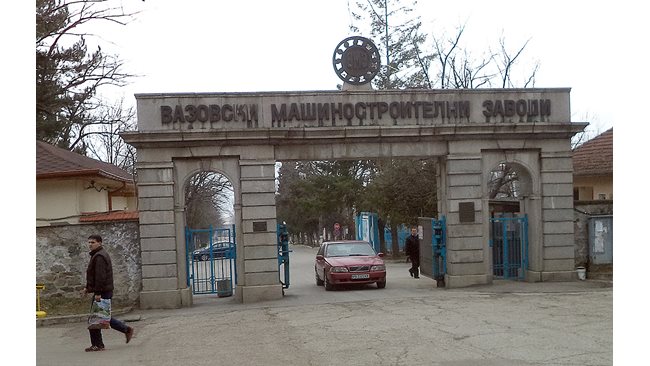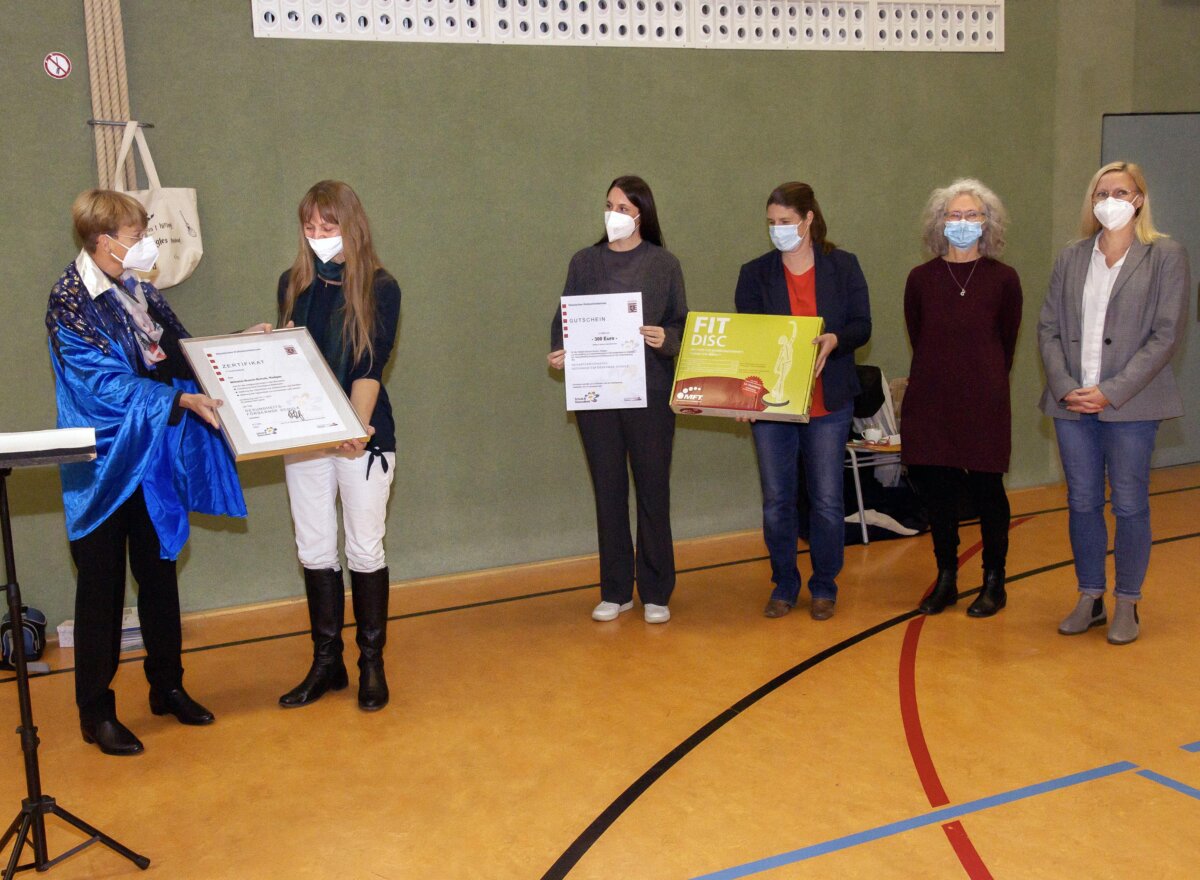There is a new player in the arms business – Dimitar Manolev, father of former Deputy Minister Alexander Manolev, who is on the Magnitsky list.
The war in the economy for the management of BGN 1.2 billion in assets in the State Consolidation Company continues for the fourth day. Started on Monday and developed rapidly, on Thursday it has already crossed the borders of our country and reached Egypt.

The Minister of Economy Daniela Vezieva met with the Egyptian Minister of Defense HE Mohamed Ahmed Zaki
–
It was there that the principal of the DCC during the scandal – the Minister of Economy Daniela Vezieva, as well as the executive director of VMZ – Sopot, Ivan Getsov. The weapons factory, which is part of the structure of the state-owned company, participated with 11 other Bulgarian companies in one of the largest specialized international exhibitions in the Arab-African region EDEX 2021, held in Cairo.
From VMZ
praised with
big interest
to their products, expecting in the next two months to be signed contracts for about BGN 100 million, guaranteeing work throughout the first half of 2022. Next week a foreign delegation should come to the company.
The military plant also emphasizes that contracts for new markets and consolidation of the existing ones are underway, and in recent weeks contracts for over BGN 30 million have been concluded, and for comparison in May, June and July last year there were none signed contract.
What is more interesting, however, is which company has been granted exclusive rights for a period of 5 years for the production of VMZ – Sopot, namely for the Egyptian market. This is “Bulgarian Industrial Engineering and Management” (BIIM), and it turns out that its owner is Dimitar Manolev – father of former Deputy Minister of Economy Alexander Manolev. He was included in the Magnitsky list, and in 2019 a criminal case was initiated against him and the daughter of his babysitter for illegally receiving EU funds to build a guest house in Sandanski.
The provision
of exceptional
rights to
the private company
was one of
the charges
to the Executive Director of DCC Vanya Karaganeva and is among the reasons for her dismissal by a decision of three members of the Board of Directors. These are Raya Kanazireva – second executive director, Dilyana Sofiyanska and Radostin Vazov – all three appointed to the DCC by GERB. Karaganeva was launched as a member of the board by Kiril Petkov while he was economy minister, and became executive director under Daniela Vezieva.
According to the three on board, Karaganeva single-handedly signed a protocol on November 9, approving the granting of exclusiveness to Bulgarian Industrial Engineering and Management, without notifying the Board of Directors. Karaganeva asked for and received the approval of Kintex, which is the state trader of military products, but only after her decision.
“Do not object ”as an opinion expressed by a 100% subsidiary (“ Kintex ”), which is controlled by the questioner (the executive director of DCC), is not a manifestation of an independent opinion, the DCC said on Thursday.
A day earlier, however, Vanya Karaganeva said she had the right to complete such decisions and that there was no violation of DCC rules. The state-owned company counters that there is no practice of granting exclusive rights to private companies. So far, such contracts have not been concluded for VMZ – Sopot, nor for any of the other state arms companies.
“24 Hours” called Manolev, but he did not answer his mobile phone. In front of “Trud” newspaper the businessman commented that such a practice exists, this is how Petar Mandjukov worked. (the previous owner of BIIM – ed. note), and other companies.
Minister
Vezieva protection
the solution
on Karaganev,
pointing out that granting exclusivity is a normal practice in tendering procedures. Over the years, the practice of unfair competition has accumulated – by bidding on more than one trader, you are actually undermining the tender procedure. So this is not something that is not imposed in the trade peace. “, Vezieva explained on Wednesday.
Regarding the visit to Egypt, the Ministry of Economy added that
at the exhibition
have participated
nearly 400
company
from around the world,
and the Minister met with all Bulgarian companies and discussed improving cooperation between the state and the sector.
Vezieva met with Egyptian Defense Minister Mohamed Ahmed Zaki and Military Minister Mohamed Ahmed Morsi. There was interest in deepening bilateral cooperation in the military industry. She also met with her colleague Halia Helmi el Said to increase trade and a more active partnership.
The meeting also discussed the strengthening of investment cooperation between the two countries and
the creation
of mixed
enterprises
and export to
third markets
Bulgaria could offer high quality products at competitive prices in the field of mechanical engineering, pharmaceutical and medical devices, cosmetics, food and more.
Cooperative proceedings for export to third countries, as well as the opening of the Egyptian market for Bulgarian goods were the topics of conversation between Vezieva and the Minister of Public Business Sector Hisham Taufik.
VMZ have had a good market in Egypt for many years.
The production that the military plant exports to the African country reaches over 50 million euros a year.
Due to the pandemic, however, the financial results of VMZ are declining. At the end of the third quarter of the year the company’s profit was BGN 5.1 million – it decreased three times on an annual basis, and then it was BGN 18 million.
This is explained by the pandemic, but despite it, VMZ continues to fulfill its commitments to its customers, the company’s report said.
For the nine months
revenue from
sales are
in the amount of
BGN 124 million
which is a decrease of 46 million compared to last year.
The total amount of liabilities is nearly BGN 127 million, of which 17 million are long-term. Since the beginning of the year, liabilities have been reduced by BGN 58 million.
It is added that by the end of the year contracts and orders are expected to be fulfilled, in the amount of approximately BGN 50 million.
Cairo buys ammunition and small arms from us
Egypt buys from Bulgaria mainly ammunition, small arms, artillery ammunition, spare parts, batteries for combat vehicles, bulletproof vests and more.
But the Bulgarian weapons complex is a relatively small supplier for the huge needs of the Egyptian army. In this regard, the Arab country’s biggest partners are the United States, Russia and France.
Egypt buys a lot and everywhere, as the country maintains one of the largest armies in the world. It employs over 900,000 people plus almost half a million mercenaries, and there are as many reservists.
The Egyptian armed forces have more than 1,000 aircraft and only Algeria has more aircraft on the African continent. Egypt has more than 4,000 tanks and nearly 12,000 armored vehicles, as well as more than 1,000 missile launchers.
Since signing a peace treaty with Israel in 1979, the country has received $ 1.3 billion in arms supplies from the United States each year. This targeted military assistance and the need for a large army and a strong security apparatus make Egypt one of the most militarized countries in the world. In recent years, the country has entered the top ten militarily.
The Egyptian army has always been a strong factor in governing the country, but it has expanded enormously during the rule of incumbent President Abdelfatah Sisi. With one short exception, all Egyptian presidents have been military so far.
The maintenance of a large army in Egypt has always been the result of internal and external causes, but growing threats to national and regional security in recent years have led to the current over-armament.
Inside the country, the army is committed, on the one hand, to maintaining the foundations of the regime and, on the other, to the challenges posed by various terrorist groups, especially Islamic State, especially in the Sinai Peninsula. Sinai’s specific security requirements are an important factor in the size and type of weapons procured for the military.
The situation in the region, Egypt’s involvement in the war in Yemen, instability in Libya and on the border with Sudan, as well as tensions with Ethiopia are also affecting military purchases.
In recent decades, the production of Sopot factories has always reached the Egyptian market through private traders. Exclusivity has usually been enjoyed by companies that have built strong positions and trust in the Egyptian market.
– .


